Hard Rubbish Removal Tips for a Clutter-Free Space
When you clear out the mess, your home instantly feels nicer and works better for you. Getting rid of bulky junk, such as old fridges or broken couches, is essential for reaching your goal. Learning how to declutter and handle things you no longer need makes your living space look and feel much better. Clearing out junk the easy way with these pointers will ensure your place stays organised.
Assessing the Clutter
The first step involves evaluating the clutter. Spotting the things you’ve stopped using makes a big difference. Consider what is essential and what you must discard. After this check, you know just how much work is on your plate. Make a list of items to remove, thus ensuring that you don’t accidentally discard valuable belongings in the process.
Planning the Removal
Once you have assessed the clutter, it’s essential to plan the removal process. Decide whether to handle it independently or hire a professional hard rubbish removal in Dandegong. If opting for self-removal, gather necessary tools and equipment. For professional assistance, research and choose a reputable service. Thinking ahead for your move saves you both hours and headaches.
Sorting and Categorising
Sorting items into categories can streamline the removal process. Keep similar items together, such as your gadgets, furniture, or yard debris. Once you’ve sorted items, knowing how to dispose of them is a snap. For example, electronics may require special handling, while furniture might be suitable for donation. Categorising items clearly streamlines the workflow.
Donating Usable Items
Many items may still be in good condition and helpful to others. Instead, consider donating these items to a charity; they’re always in need. You’ll help someone and reduce trash. Confirm with nearby donation spots what they’re collecting. When you pass along things you no longer need but are still good, you directly support a cleaner environment and strengthen your local community.
Recycling and Disposal
For unrecyclable items, consider exploring alternative options. Most metal, plastic, and paper items are great candidates for recycling. Got something to recycle? Just ask your local centre what materials they can take. Judicious material recovery diminishes ecological strain. Throw out anything that can’t be recycled by following your community’s waste rules.
Hiring Professionals
If the task feels overwhelming, consider hiring professionals. With their deep knowledge and the right heavy-duty gear, they can quickly manage even the most crucial removal projects. Let pros handle it; you’ll save time and effort. Research and select a reliable company. Ensure they follow environmentally friendly disposal practices to minimise negative impacts.
Scheduling Regular Clean-Ups
Regular clean-ups prevent clutter from accumulating again. Set a schedule for periodic reviews of belongings. Regular care keeps everything neat and orderly. Staying on top of your stuff makes clearing things out much less of a headache. You’ll often find your mood lifts and your day runs more easily when your personal space is neat.
Engaging Family Members
Involving family members can make the process more enjoyable and efficient. Assign tasks to each person based on their interests and abilities. You feel a genuine bond and pride when everyone contributes their share to a project. The work becomes lighter, and you’ll complete it much faster. Pitching in helps folks learn to organise.
Using Proper Tools
Having the right tools and equipment simplifies the removal process. Acquire robust bags, resilient hand coverings, and any other essential safety items. Got something heavy to move? Play it safe and use a dolly or trolley to skip the pain. Good tools mean finishing your work both safely and fast. Being well-equipped makes the process smoother and less physically demanding.
Avoiding Future Clutter
Prevent future clutter by adopting smart habits. Select your new belongings with intention. Ask yourself: Do you truly need them? And what will they be worth years from now? Regularly review possessions to avoid accumulation. Assign each type of item its own designated space. Sticking to these habits keeps your areas clear of mess. This approach makes them much easier to use and a joy to spend time in.
Conclusion
Want a truly organised home? You’ll need to tackle that hard rubbish first. Reviewing items, creating a clear plan, and acting on it helps to maintain a tidy home. You keep your spaces neat by doing a little upkeep and forming good habits. Follow these suggestions; your daily life will feel lighter and more enjoyable.
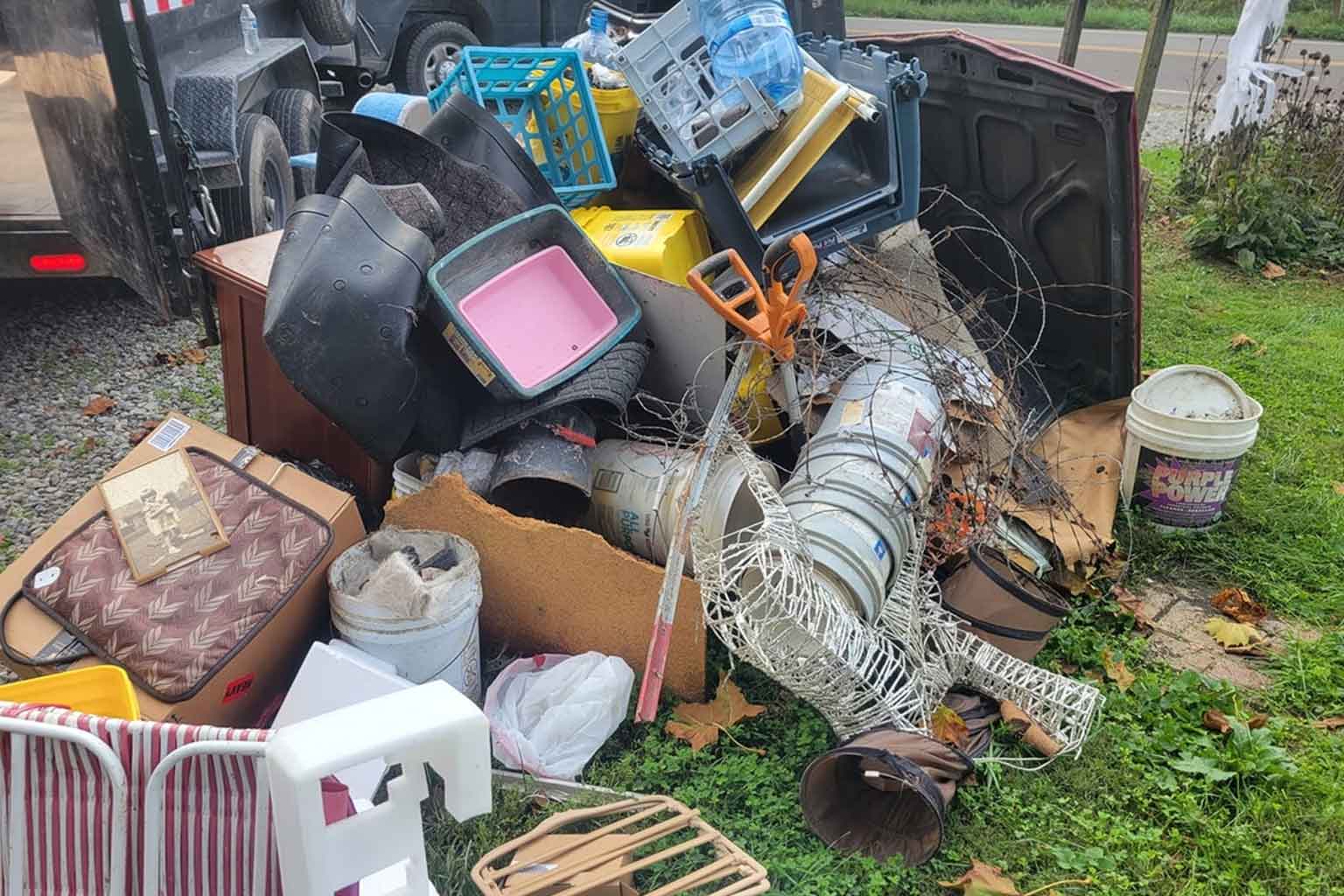


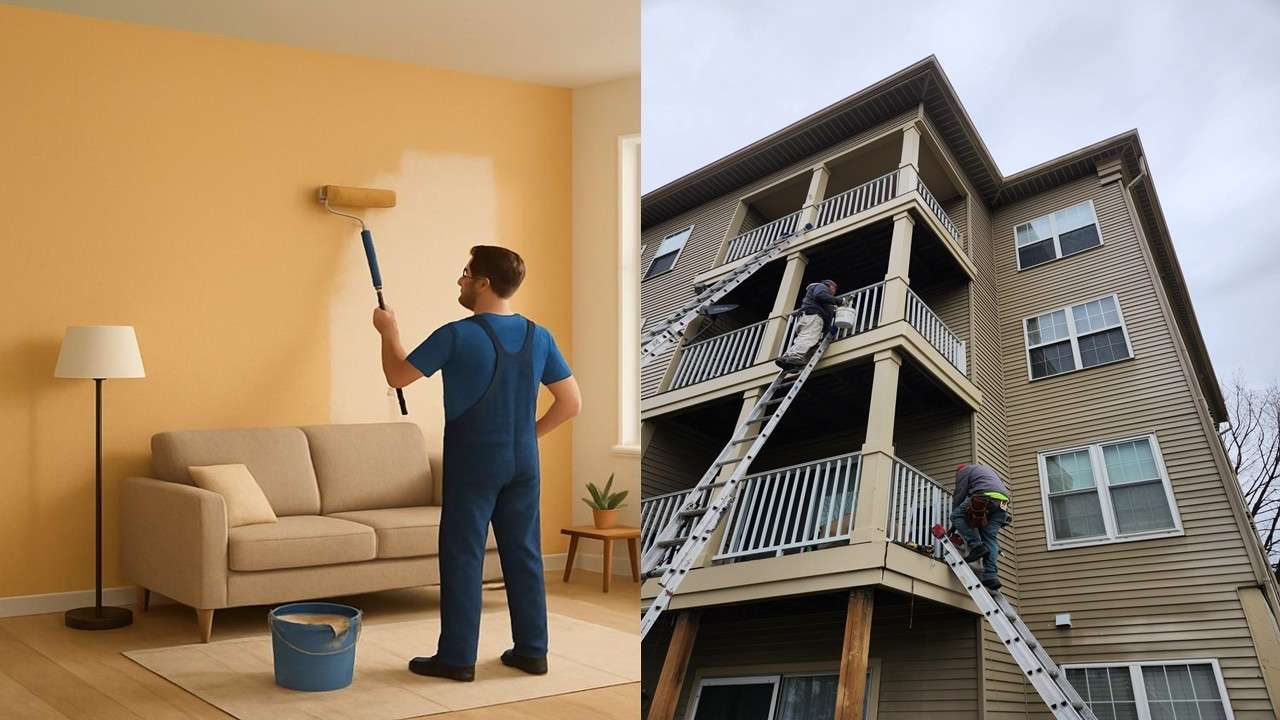

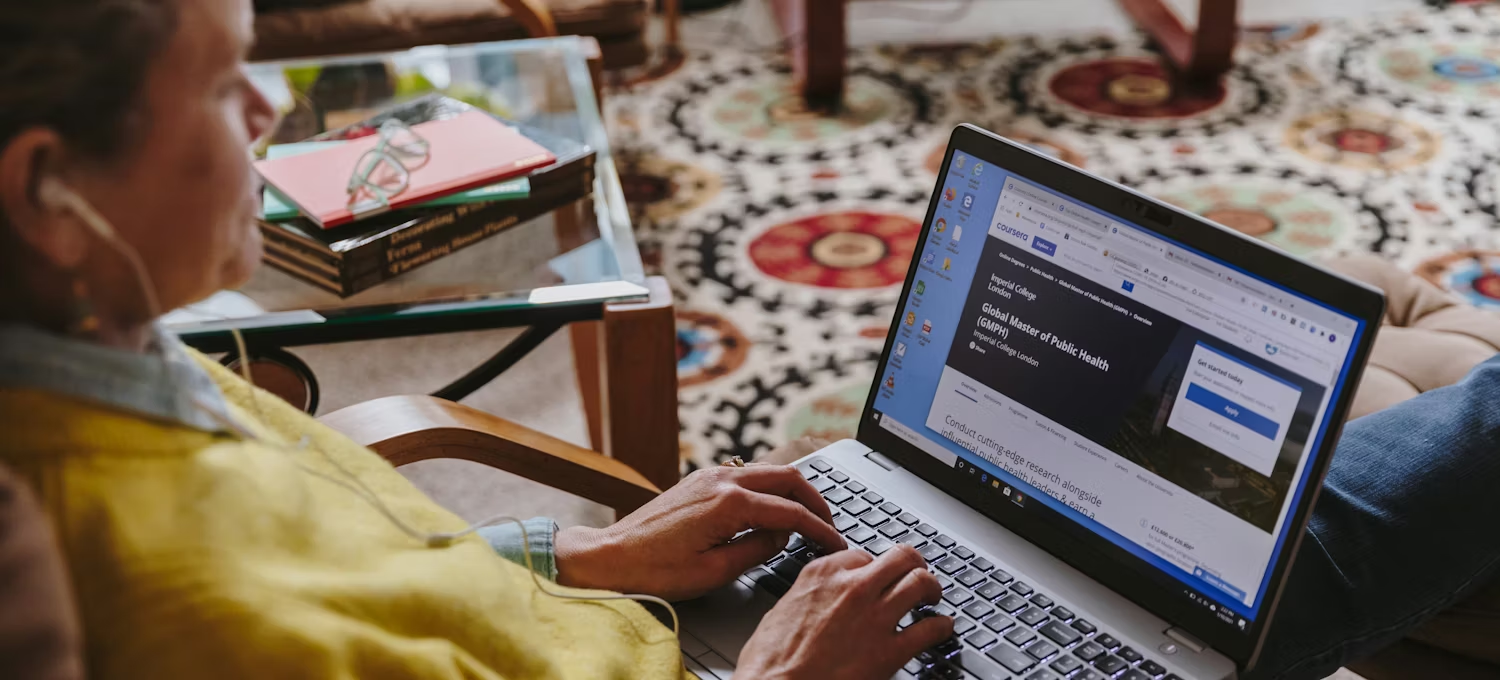
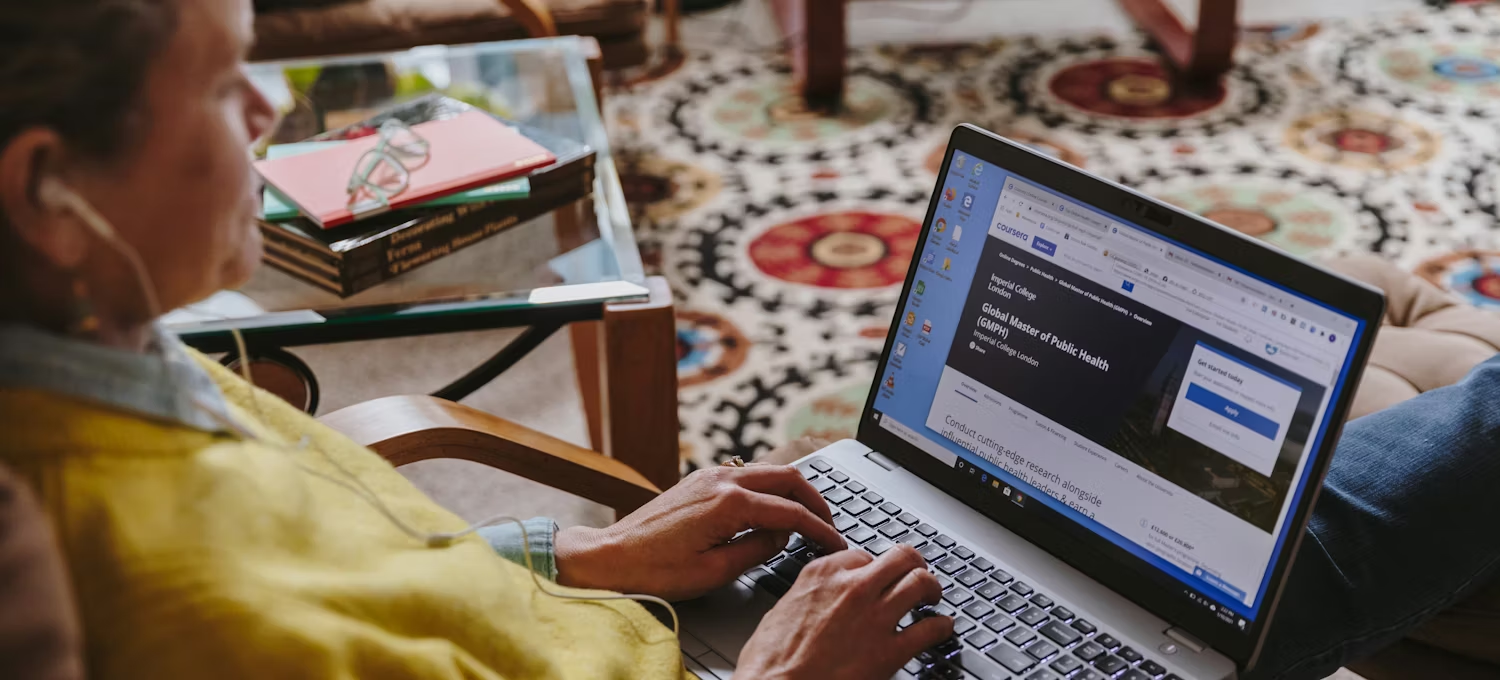


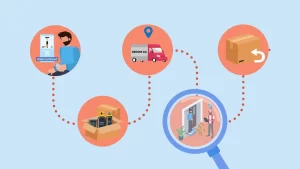
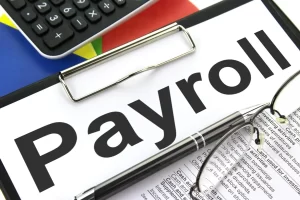
Post Comment